|
Did you know that Tenerife harbours extremely high cetacean diversity and abundance levels? With 24 species being recorded in the area, four of which are resident; the Bottlenose Dolphin, Short-finned Pilot Whale, Risso’s Dolphin and the Sperm Whale (Pérez-Vallazza et al., 2008). These conditions make Tenerife the perfect hotspot for cetacean research and the Atlantic Whale and Dolphin Foundation (AWdF), a sister organisation to the Fair Earth Foundation. The perfect organisation for you to get involved with! This post will provide an introduction to research carried out at the Foundation with the research areas listed below:
Usually, AWdF volunteers collect the data while on whale watching tourist boats, however due to the pandemic we currently collect our data on a scientific RIB. This was the case for the majority of 2020, in which we had 203 Pilot Whales, 76 Bottlenose Dolphins and 28 migratory species interactions including a Rough-toothed Dolphin and a Bryde’s Whale. During February this year the volunteers also encountered Fin Whales, a truly amazing experience! Cetacean Behaviour During interactions, we record the cetacean behaviours and take ‘fin shots’. We record many variables ranging from weather conditions to group formation and behaviour. Through this form of citizen science, we have composed large data sets that can be statistically analysed. For example, analysis of the 2020 Pilot Whale interaction data showed that there was:
Using results gathered from this analysis, over time, we hope to further influence whale watching practice in Tenerife, contributing to the good management of the world's first Whale Heritage Site (Dóniz-Páez et al., 2020). Photo Identification For the resident species of Short-finned Pilot Whale and the Bottlenose Dolphin, each individual has a distinctive fin (Hartny-Mills, 2015). Therefore, by photographing the fins we can identify individuals, through comparing photos and using Fin ID software. Our Pilot Whale catalogue currently has around 400 individuals and our Bottlenose just over 150. From being able to recognise individuals we can determine whether they are resident or migratory, linking to the acoustic research. We can also see which individuals are seen together, determining family groups (Hartny-Mills, 2015). Acoustic Research Using a hydrophone, we record each interaction, picking up cetacean vocalisations and sounds (Zimmer, 2011). Hearing cetaceans communicate live is an exhilarating experience and one many volunteers never forget. The aims of the AWdF acoustic programme are as follows:
Along with researching these aims the acoustics programme has also formed a sound library open to the public. Watch this space! Land Based Survey Land Base refers to the consistent data collection through binoculars on a daily basis, from a fixed station on land (Silva et al., 2014). Land Based Research has zero anthropic impact on animals and offers the perfect opportunity to observe cetaceans both in the presence and absence of boats (Chan et al., 2020). The year 2020 was the first year of the AWdF’s Land Based Survey research, which proved to be a successful pilot study with just over 200 interactions recorded. The data is still to be further analysed with comparisons to be drawn with post COVID times, helping to demonstrate the true impact of maritime traffic. The map below shows our three land base stations along the SW coast of Tenerife. Plastic Research Cetaceans and other important species of Tenerife are particularly vulnerable to plastic pollution as the Canary Current deposits plastic debris from the North Atlantic Ocean all over the Canary Islands (Dóniz-Páez et al., 2020). Our research programme is investigating the temporal and spatial distribution of plastic on Tenerife beaches as well as the physical processes and anthropogenic activities that influence them. We are also investigating debris we find in the ocean whilst surveying cetaceans. The AWdF plastic programme is the first long-term plastic pollution study in Tenerife, offering volunteers the opportunity to fight back against and understand the plastic age of the 21st century. Conclusions
I hope you have enjoyed reading about the research opportunities on offer at AWdF and want to get involved! Each area offers a unique opportunity to get experience in vital fieldwork skills, key for a career in conservation, while making great friends along the way. Every volunteer can make a big difference towards our research efforts. If you are interested in our work then check out our current offers on courses, internships and volunteering opportunities here or email [email protected] for more information. Post by: Jude Wilson
0 Comments
Leave a Reply. |
AuthorsWe encourage all of our volunteers to submit a blog post, on any topic, whilst they are with us. Categories
All
Archives |
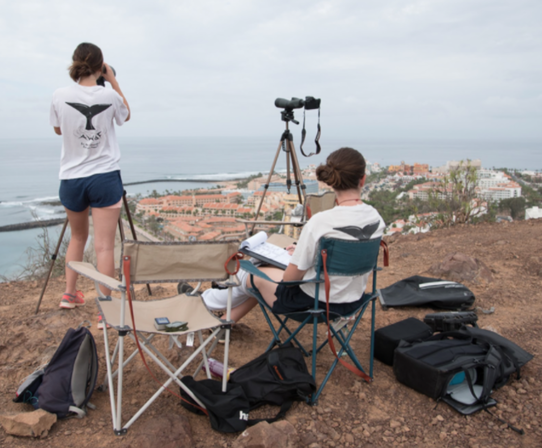
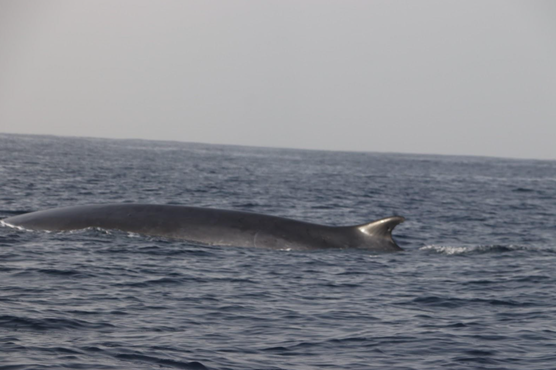
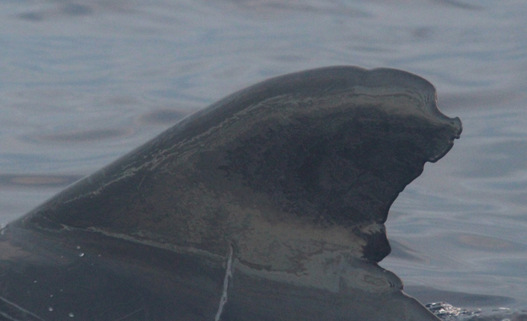
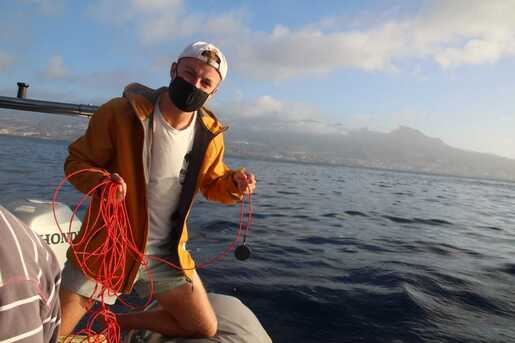
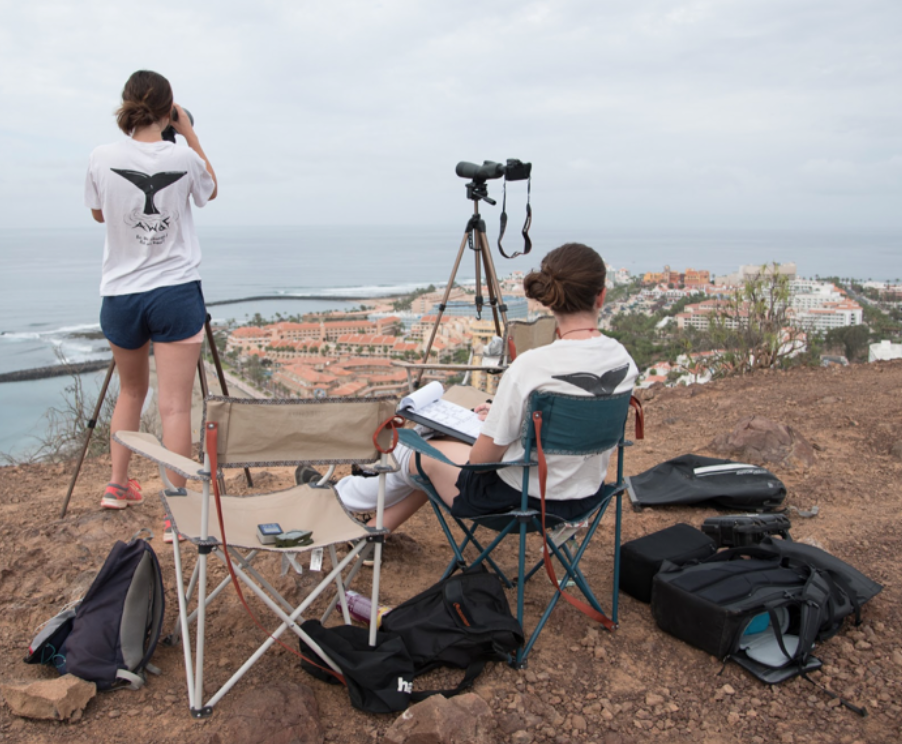
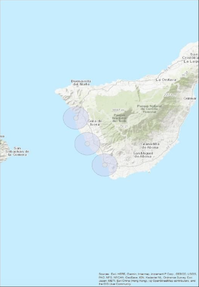
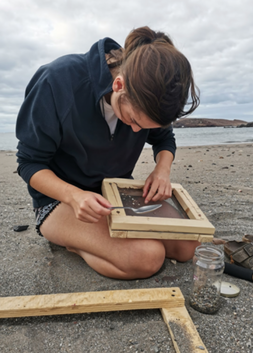
 RSS Feed
RSS Feed